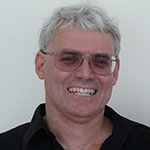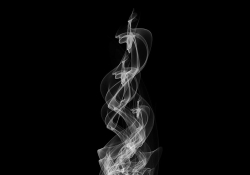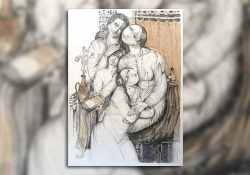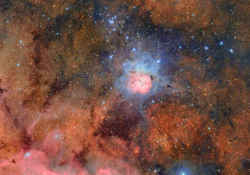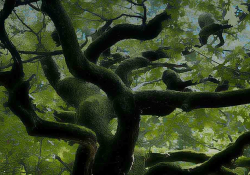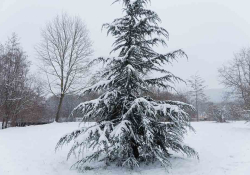Graphology Restoration 40: Semitic Languages
August 3, 2021
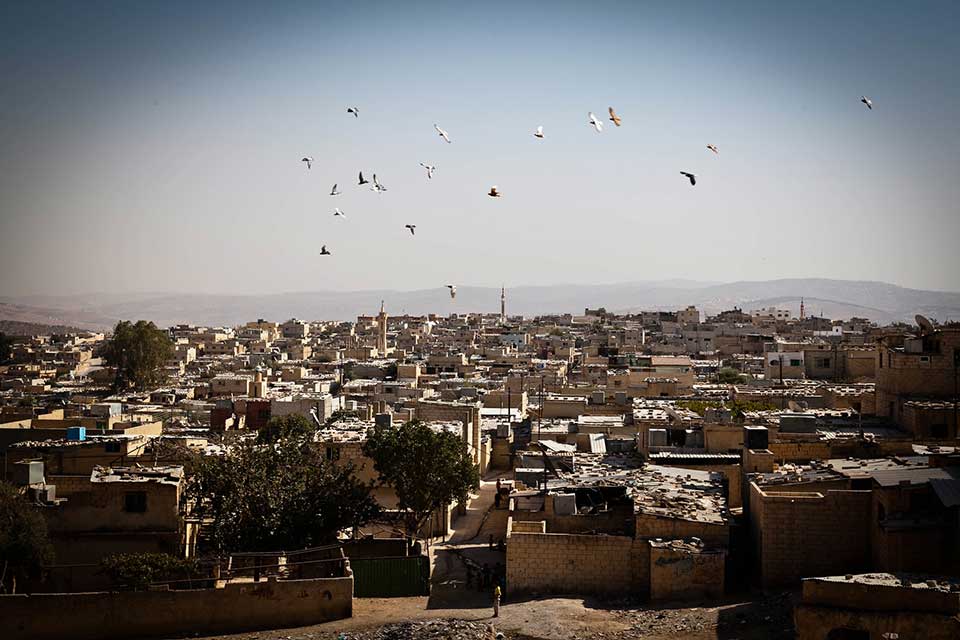
The poets’ voices sing in my head
across distance, sing to reconcile
to make peace through counterpoint
but can’t work as they should. For
those poets are divided from each other
with each line obfuscating the other’s
as impelled by more firepower
forcing it along. Response is shattered
by a chasm of rights – the land’s voice
usurped and usurped and usurped.
As for one rule for . . . and another rule for . . .
such fragments share sounds and words
in common, while roots they deny
shift from right to left over the page
burnt by airstrikes and ground assaults that kill
children who would be poets, are the poets.
